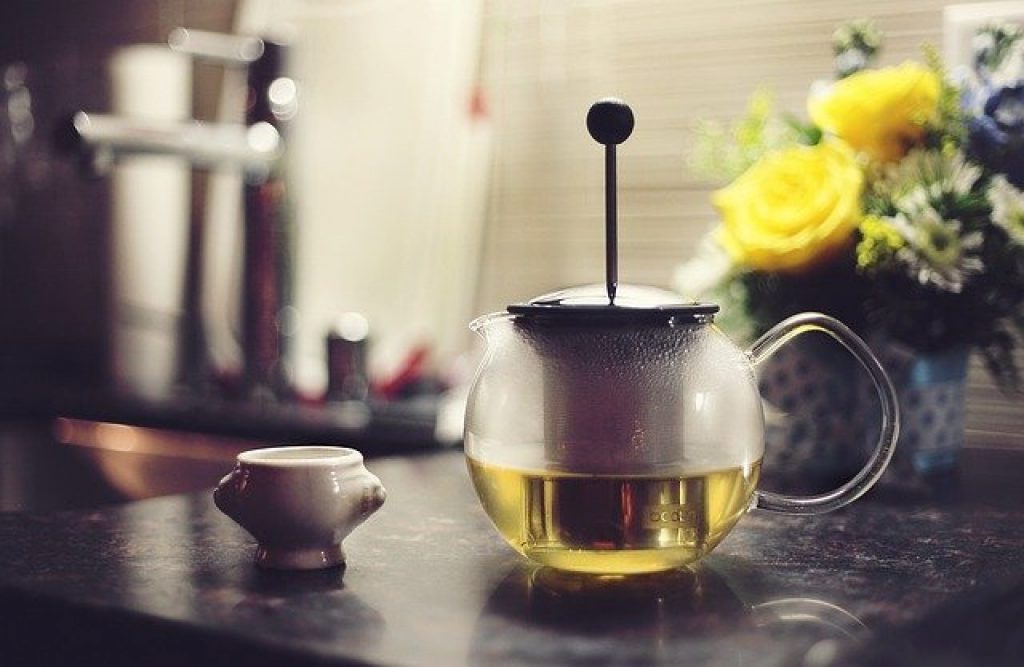I drink many different types of tea. It seems I am in a constant rotation, but in the summertime, I happen to love drinking green tea. There’s something about that grassy floral taste that seems to define the blossoming world around us. Unfortunately, sometimes you might find that a green tea you purchased has a fishy aroma or taste.
Although many people try to avoid teas that have this flavor, it doesn’t mean that the tea is bad in any way. Some people even prefer to drink teas of that sort.
To get to the point, the ‘fishy’ taste or scent which is sometimes attributed to green tea is probably more similar to seaweed then fish. This is particularly common in Japanese green teas, due to their geographical location and processing techniques.
Why Does Green Tea Sometimes Smell like Fish?
It’s important to note that a slight fish or seaweed aroma may be due to intentional processing techniques.
In Japan, they have what they call ‘Umami’, which is considered to be a fifth human taste, but in English, it could roughly translate to ‘savory’. This type of flavor is cherished in Japan. So, many of them will intentionally attempt to give their tea this type of taste during processing.
It’s common for people to assume that fishy-tasting tea has gone bad, expired, or even stored poorly, but that usually isn’t the case, unless for example, a long-term poorly stored pu’er tea. Most of the time it is due to natural compounds within the tea itself.

